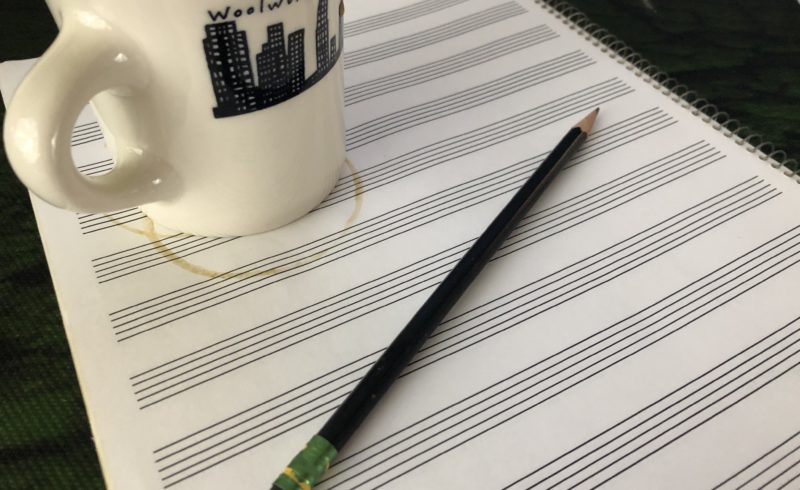
Wow. Roddy Ricch was sued for copyright infringement just last week over “The Box!” I think it’s five days later and he and DaBaby are being sued again for another #1 hit, “Rockstar.” And this news might actually be a day or two old.
Juju Beatz (real name Craig Mims) is suing because he thinks his work “Selena” appears in “Rockstar.” He claims to have sent it to them in 2019. I don’t have a copy of the beat Mims claims to have sent. It appears to be otherwise unreleased. A musicological analysis will need to wait for now.
An interesting tidbit is that the complaint says the beat was sent to Caroline Diaz, VP at Interscope, and that “Diaz and DaBaby’s representative accessed Plaintiff’s Selena on more than 40 occasions in late 2019 and early 2020.”
DaBaby is probably best known for “Rockstar,” which was released in 2020 and peaked at number one on the Billboard Hot 100 chart and he has collaborated with many other popular artists, including Post Malone and Megan Thee Stallion. Do we all remember that Grammy performance, with the women dancing in robes looking like judges, pistols on their hips like they’re a cop? It was cool.
Musicologize can’t evaluate the veracity of the claim without hearing the beat. And we don’t have it yet. Someone sent me a link, but I’m disinclined to believe it’s the right one.
Furthermore, I’m a little bit confused. The complaint reads:
Defendants have illegally and without permission sampled Plaintiff’s Selena
Complaint Case 2:22-cv-14410
musical work and have continued to collect substantial revenues without even notifying Plaintiff
or paying Plaintiff for his contributions. Plaintiff has never received any compensation for
Defendants’ illegal and unauthorized use of his Selena musical composition.
So they’re saying they “sampled” it. Do they mean the audio is from the plaintiff’s work? Or are they saying DaBaby copied the musical composition? Those are two very different things.
Despite the quote, it looks to me like they believe it’s their underlying composition that was copied to create the beat that appears throughout Rockstar.
Without having the plaintiff’s beat, we can only hypothesize. A two-measure beat, like the one that appears in “Rockstar,” taken alone, is not a lot of musical information, so it could be challenging to demonstrate sufficient similarity and originality to support an inference that copying occurred.
Consider that forensic musical analysis for the purpose of assessing probative similarity is partly math, or more specifically, probability. It’s fairly simple; you’re considering the likelihood of any series of events being duplicated by random chance, and the most obvious independent variable is the length of the series. If four musical notes in a row appear in two works, that’s one thing. Twenty-four is quite another. It’s not nearly as simple as that, but it’s a component.
Also from the complaint, they describe “Beats” thusly.
“Beats” in Hip Hop music or rap, refers to the rhythmic beat of drum(s) underlying
Complaint Case 2:22-cv-14410
a musical composition. The beats can be created by actual drums, but are often created using
synthesizers.
I mean, it can refer to the rhythmic beat of the drums, but “Beats” can be the entire accompaniment of a song. They can include all the percussion, the basses, the synths, and whatever else is grooving and looping throughout the track. More to the point, if the plaintiff’s track is just drums, and not pretty much everything we hear going on in Rockstar that’s not named DaBabby or Roddy, and this turns out, upon clarification, to definitely NOT be a sampling case, drums are pretty much not protectable compositions.
So if this beat should surface, Musicologize will have a more thoughtful analysis to share asap. Gonna stay on it. After all, number-one hit songs don’t get sued every day, right? It’s been like 72 hours since the last time.